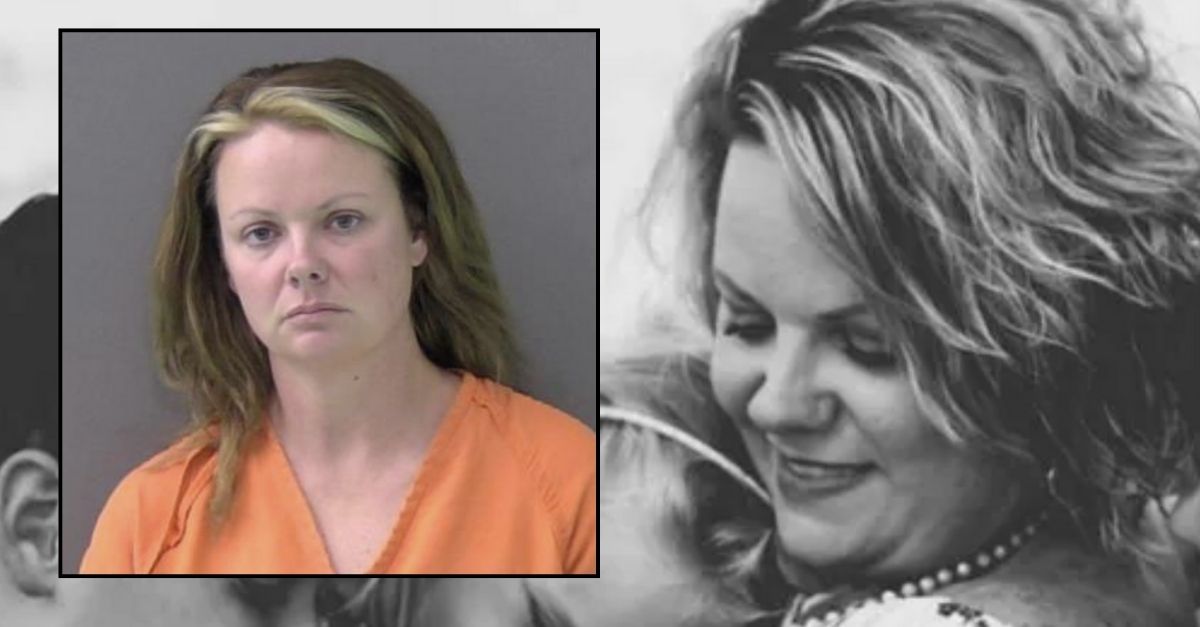
Background: Emily Joyce Hinojosa with her children (GoFundMe). Inset: Emily Joyce Hinojosa (Bell County Sheriff’s Department).
A Texas woman who faked a stage 4 cancer diagnosis to solicit money donations on GoFundMe was sentenced to probation.
Emily Joyce Hinojosa, 38, pleaded guilty to two counts of felony theft of property after she was arrested for conducting a GoFundMe scam in 2020. On a page that is still live but inactive, Hinojosa’s friend Natalie Nelson posted a plea for help for Hinojosa, who claimed to have been struggling with Stage 4 metastatic breast cancer after living with the disease for nine years. The page also claimed that the cancer had spread “throughout her body” and that the medical expenses for the married mother of three would still be massive even with their insurance. The campaign eventually raised $7,085 — but Hinojosa was never as ill as she claimed.
According to the arrest affidavit from July 2023 obtained by Waco CBS affiliate KWTX, an organizer of the GoFundMe started to suspect that Hinojosa’s condition “did not match the extent of her claimed sickness.” An investigation into four physicians whom Hinojosa claimed were treating her for cancer revealed that three of them never had her as a patient. The fourth doctor presented records that Hinojosa was diagnosed with cancer in 2014 and was in 75% remission in May 2021.
More from Law & Crime: ‘Landon was subjected to torture’: Doctor testifies against couple who allegedly ‘obliterated’ their 5-year-old son’s brain and then raised thousands of dollars on GoFundMe
Hinojosa collected money from the GoFundMe account in the fall of 2020. The affidavit stated that “[n]othing in the records from the fourth facility showed a diagnosis of Stage 4 cancer from July 2020 through November 2020.”
After she was arrested, Hinojosa confessed to police that she lied about her health and said she “has a problem with making up stories about her medical health to gain sympathy from her friends so they would like her more.”
Hinojosa was sentenced to five years of felony probation and ordered to make restitution to all 64 donors who contributed to the GoFundMe campaign.
Read the full article here

